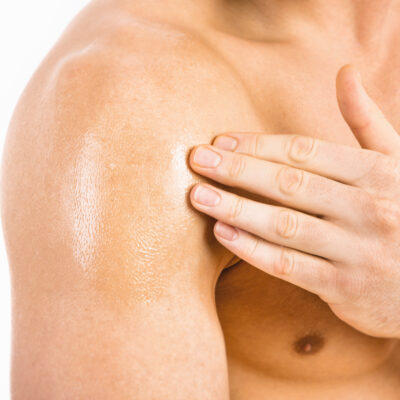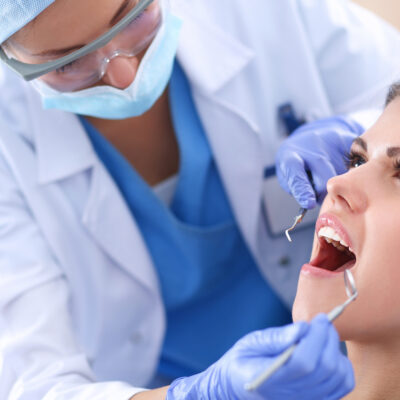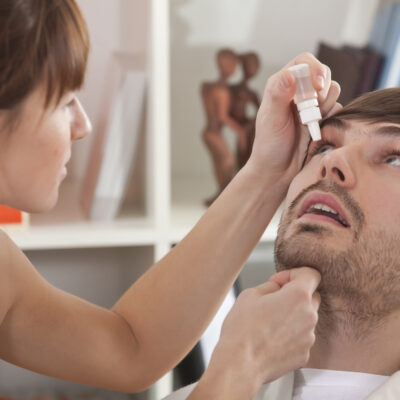
Dry mouth symptoms and complications
Dry mouth, also known as xerostomia, is a condition in which the salivary glands in the mouth do not produce sufficient saliva, which keeps the mouth wet and lubricated.
The condition mostly occurs as a result of the side effects of certain medicines or due to aging or exposure to radiation. Less often, dry mouth occurs because of a condition that directly impacts the salivary glands.
The saliva that is produced in the mouth is extremely important. The amazing lubricating properties of saliva offer comfort and protect the oral tissues from sores, ulcers, and bacterial infections. Saliva prevents tooth decay by neutralizing the acids produced by bacteria and keeps all microbial, viral, and fungal infections at bay. It enhances your ability to taste and also makes it easier to swallow and chew. In addition, saliva contains certain enzymes that help in digestion.
So, when dry mouth occurs, all these functions are impaired, leading to the poor health of your teeth and gums.
Symptoms of dry mouth
- A feeling of dryness in the mouth
- A feeling of dryness in the throat
- Sore throat
- Hoarseness
- Persistent cough
- Frequent feeling of thirst
- Difficulty in chewing and swallowing food
- Increased intake of fluids to aid swallowing
- An altered sense of taste
- Dry eyes
- Cracked lips
- Pale gums
- Bad breath
- Headache or dizziness
- Dryness in the nasal passages
- Nausea
- Ulcers or sores in the mouth
- Dry corners of the mouth
- Red or bleeding gums
- White coating on the tongue, generally indicating a fungal infection
- Tooth decay, on the root surface or along the gum lining
A lot of people suffering from the condition of dry mouth may experience fungal infections, which are often characterized by a white coating or dark plague on the tongue or soft tissues of the mouth. But, many times, this can be because of other underlying diseases like HIV, Addison’s disease, or diabetes. It is best to see a doctor to understand the real cause behind it.
Also, dry mouth generally occurs at night, especially in mouth-breathers.
Complications of dry mouth
- Mouth sores and ulcers, which are often painful
- Increased risk of gum disease
- Increased risk of tooth decay
- Yeast infections in the mouth
- Loss of appetite and poor nutrition because of problems with chewing and swallowing food
Consult a doctor
If you experience any of the symptoms associated with a dry mouth, it is imperative to immediately consult a doctor. They can help you in identifying the cause of the condition and suitably rectifying it.
In case dry mouth is occurring because of certain medications, the doctor can adjust the dose or put you on some other medications to avoid the symptoms of this disorder.
Treatments for a dry mouth
The treatment for dry mouth depends upon the cause of it. Your doctor or dentist may:
- Change medications that cause dry mouth – If your doctor or dentist believe a certain medicine may be the cause for your dry mouth, they may adjust your dosage or switch you to another medicine that doesn’t cause a dry mouth.
- Recommend products to moisturize your mouth – The doctor or the dentist may recommend prescription or over-the-counter (OTC) mouth rinses, moisturizers, or artificial saliva to lubricate your mouth. Mouthwashes that are designed for dry mouth, especially ones with xylitol, can be effective in treating the condition. Some of the mouthwashes for the dry mouth as well as protection against tooth decay are Biotene Dry Mouth Oral Rinse or Act Dry Mouth Mouthwash.
If you are suffering from severe dry mouth, your doctor or dentist may:
- Prescribe medicines that stimulate saliva – Your doctor or dentist may prescribe pilocarpine (Salagen) or cevimeline (Evoxac) to stimulate the production of saliva.
- Protect your teeth – Your dentist might fit you for fluoride trays to prevent cavities. You fill the trays with fluoride and wear over your teeth at night. The dentist may also recommend weekly use of chlorhexidine rinse to control cavities.


